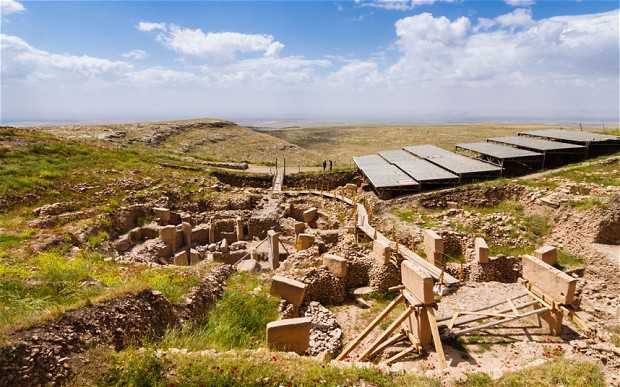Prime Minister Recep Tayyip Erdogan says Turkey can weather the economic storm without IMF assistance, but analysts see red flags ahead.
by Ayhan Simsek for Southeast European Times — 11/06/09
![imf Stalled talks with the IMF raise concerns about Turkey's once mushrooming economy. [Getty Images]](https://www.turkishnews.com/en/content/wp-content/uploads/2009/06/imf.jpg)
Prime Minister Recep Tayyip Erdogan staunchly opposes IMF demands that will tighten up the budget and make it more transparent, as well as decrease public employment and limit political influence over the economy.
“If they bring us an IMF deal in line with Turkey’s interests, then we will sign it. … They want us to make the Revenue Administration an autonomous institution. That is not possible,” Erdogan told the daily Sabah.
Though sceptics warn prolonged negotiations could turn off foreign investors, Erdogan has been defiant, saying Turkey can revive its economy with domestic resources.
Due to a wave of foreign direct investment, the EU candidate’s economy mushroomed from 2002 to 2006 at an annual rate of 6%, slowing to about 4.5% the following year.
Despite the slowdown, Turkey, a country of more than 70 million people, ranked among the 20 wealthiest countries in the world in 2008.
The impact of the global financial crisis, however, rocked Turkey. Unemployment rose to a historic 16% last February, and exports declined nearly 40% in May as compared to last year’s figure.
Economists warn that Turkey’s economy may contract further, estimating a deflation of 5.1% in 2009.
Some analysts see the IMF as a port for Turkey in the economic storm. If Erdogan and the IMF can reach common ground, the IMF is expected to pump between $10 billion and $20 billion into the economy.
However, an agreement also means restructuring that economy, which may be painful for small enterprises and trade unions.
Fears of an IMF “bitter pill” have divided business associations. The influential Turkish Industrialists’ and Businessmen’s Association (TUSIAD) — as well as the banking sector — have called for an urgent IMF deal.
Exporters, on the other hand, fear the consequences of a bailout.
“We may need fresh cash from the IMF, but this is a serious issue and should not be done haphazardly,” said Mehmet Buyukeksi, chairman of the Turkish Exporters Assembly (TIM).
In lieu of IMF assistance, Turkey proposed an incentive package last week, which aims to generate 500,000 jobs, as well as support investments in the country’s poorer regions, and give major tax-cuts to investors.
It’s not clear whether this package alone can cure Turkey’s ailing economy. Young Businessmen’s Confederation of Turkey President Hazim Sesli welcomed the stimulus package, but said he sees red flags down the road if an IMF agreement remains elusive.
“With the new stimulus package, a positive climate emerged in domestic markets. We are now looking forward to having an agreement with IMF soon, to expand this positive climate to international markets,” said Sesli.
“After 14 months of long talks between the government and IMF, now it is necessary to successfully conclude these negotiations as soon as possible.”






